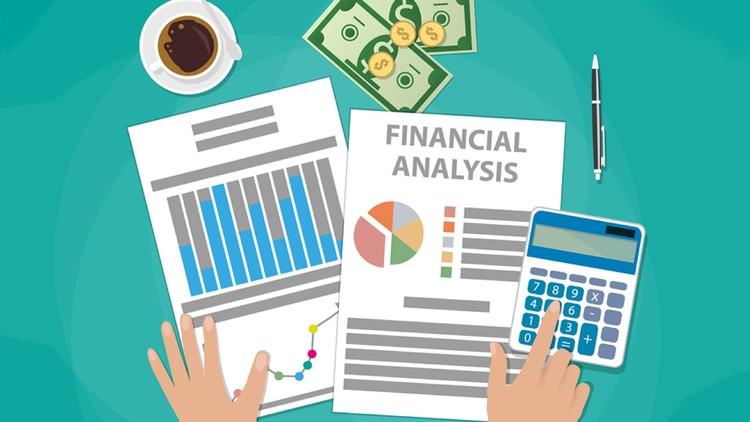Informed by Indeed's data and insights, the Indeed Editorial Team's outstanding writers, researchers, and subject-matter experts will provide advice to help you along your professional path. To make sound business decisions, businesses use data. Analysts frequently assess various data sets, transforming raw data into reports and presentations that companies can use to back up their judgments. Differentiating between data analysts and financial analysts might assist you in deciding which path to go on if you're interested in a career in analysis. Both data analysts and financial analysts are defined and contrasted in this article.
You Must Know the Differences Between a Data Analyst and a Financial Analyst
What Exactly Is A Data Analyst?
A data analyst sifts through reports and databases in search of patterns and answers to company operations queries. Business leaders can benefit from the information that data analysts produce since these reports present the data in digestible formats. Data analysts often have the following responsibilities:
- Defining and describing data types and numerical values in response to questions
- Creating visual aids for reports, such as graphs and diagrams
- Selection of relevant data for analysis to address research questions
- Discovering patterns in data
What Exactly Is A Financial Analyst?

Financial analysts examine and analyze relevant data to assess a company's financial health and locate areas for growth. Information about money, like costs and income, is taken into account. In the end, they present management with suggestions for how to improve the company's operations. Financial analysts typically have the following responsibilities:
- The process of analyzing a company's financial records to establish its market worth.
- Making charts, spreadsheets, and presentations about money
- Financial guidance for company constituents
- Making economic predictions from past performance
Education Requirements
Neither of the available positions calls for a specific level of education or training. It also means that employers can set their standards for expertise in a particular area, regardless of whether or not those standards are based on the results of official university tests, depending on the specifics of the position being filled.
Data Analysts
Having a bachelor's degree in Statistics is a great beginning point. A master's degree is even better because it makes your profile more marketable in the current work market. To stand out as a candidate for the data analyst role and demonstrate your potential as an asset in educating the stakeholders' necessary decision-making process, you need a potent combination of quantitative acumen and computer literacy.
Financial Analysts

Earning a relevant credential or degree online, such as a Master of Business Administration (MBA) in Finance, will provide you with the skills necessary for a successful analytical job in the financial sector. Earning a master's degree will boost your profile and provide you with the abilities you need to make a significant contribution to your workplace from the minute you start looking for a job.
Job Overview
The BLS estimates an 11% increase in demand for financial analysts. This organization forecasts an increase in career opportunities and competition for positions as financial analysts. The growth of the financial services sector may lead to additional employment opportunities. There is still a ways ahead of us before the number of available jobs is met by the number of applicants. Employment prospects improve by possessing relevant credentials such as degrees and certifications. Financial analysts estimate a 10% increase for data analyst positions between 2016 and 2026. However, the BLS has not yet released its newest projection. Several sectors of the American workforce are projected to increase above 6% over the next few years. The need for experienced quants is expected to proliferate shortly. It's up to you to determine what to conclude and anticipate based on the evidence provided.
Conclusion
A financial analyst's job is to compile and analyze financial data to present it to higher-ups and clients. A data analyst's job entails sifting through mountains of information—from operations and consumers to safety and health records, engineering drawings, and more—to draw conclusions and make suggestions for higher-ups or paying customers. The primary distinction between someone financial analyst and a data analyst is that even the former focuses solely on financial and accounting data while the latter analyses data from various fields.











